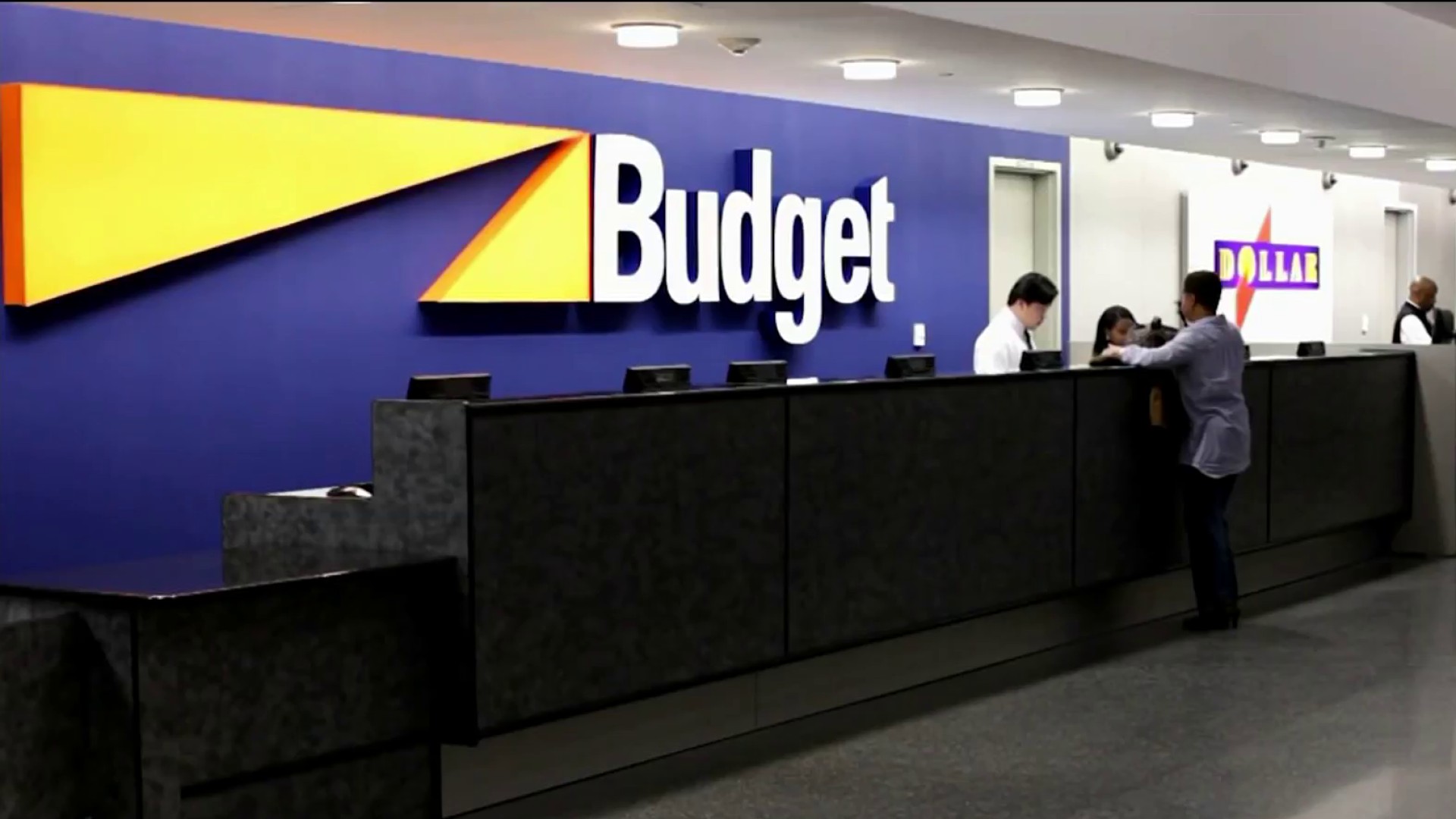Most of us look forward to our summer vacation for months! It is sacred time off and the last thing you would want is for something to ruin it -- like a scam.
According to the Federal Trade Commission, $95 million were lost to travel-related scams in 2021 alone.
WATCH ANYTIME FOR FREE
Stream NBC10 Boston news for free, 24/7, wherever you are. |
From booking flights to finding a good hotel, or rental, it’s important for consumers to be on alert, especially when they come across a deal that looks too good to be true.
In a new study by the Better Business Bureau, over $3.5 million dollars was lost in timeshares and vacation club scams from 2020 through 2022.
Get updates on what's happening in Boston to your inbox. Sign up for our News Headlines newsletter.
The BBB found that more than 400 people fell victim to vacation related scams last year, resulting in over half a million dollars in losses.
Thieves may take advantage of those looking to book a trip by offering fraudulent hotels or flights.
Complaints to the BBB revealed that consumers paid out thousands of dollars, often after trying to save money through third-party sites or from cold calls.
Across New England, the BBB has seen an uptick in complaints involving rental homes scams.
“What's happening is that people are using online platforms -- Facebook Marketplace, Craigslist -- finding beautiful homes for rent at inexpensive cost," said Paula Fleming with the Better Business Bureau. "They're booking the home and then they show up and their home is either already rented out for that week or no home actually exists at that address. So, people are being scammed out of their rental properties."
“You want to make sure that the address is legitimate," she added. "You want to make sure that you cut and copy the photo, see where else the ad is listed. You want to make sure that you read customer reviews about the property if at all possible. We have heard of tenancies where it might not be a scam, but the pictures are a false representation of what you're actually renting."
Some rental scams specifically target millennials who are more trusting and quick to use cash payment apps.
Here’s what to watch out for:
- Beware of unsolicited offers. Travel companies do not robocall offering a vacation deal. Hang up immediately.
- Don’t fall for the promise of a “free vacation” – you might end up paying taxes, fees, and other charges before learning the offer was fake.
- When vetting hotels, travel companies or vacation rentals, always check the reviews. If a company has none, call them and ask for references.
- Read the fine print! You don’t want to sign or pay anything without knowing what you’re getting into.
- Don’t book a vacation by wiring money or using a prepaid debit card. A credit card offers you the best protection against a fraudulent charge.
Also, be on alert when booking vacation activities. Thoroughly vet companies that run excursion services before shelling out hundreds or thousands of dollars.
To make sure a business isn’t fraudulent, do a deep dive into the company. Read reviews, look at pictures people have posted online and make sure you have flexibility to cancel or make changes to the itinerary. Consider reading all the fine print and get recommendations from friends.
The BBB has more details on all these vacation scams on their website.



